The Ghana Recycling Initiative by Private Enterprises (GRIPE) in partnership with ASA Nwura, Centre for Volunteerism and social transformation (CENVAST) and Nedie/WASH TV, and with support from the Effia Kwesimintsim Municipal on Saturday 30 October 2021, embarked on a community plastic buyback project at Effiakuma in the Western Region.
The community plastic buyback event is one of the initiatives of GRIPE designed to reach low-income communities. The programme is based on the understanding that people can exchange plastics with cash by separating and selling their post-consumer plastic waste.
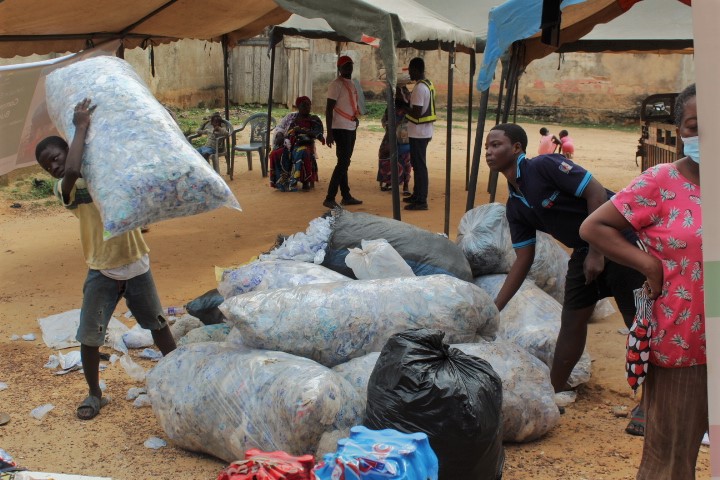
During the project, volunteers visited households and local shops to create awareness on proper disposal and segregation of waste. People were then encouraged to take their plastics to a buyback center temporarily set up where plastics were weighed and transformed into rewards/money.
Community members especially women, who participated in the exercise lauded the initiative and were enthusiastic to have another buyback project organised in the community.
In all, over 150 residents participated in the exercise which lasted 8 hours. The team recovered approximately 2,248kgs of plastics (pure water sachet-LDPE and PET bottles). These plastics will be washed, crashed into flasks and recycled into other useful everyday products.
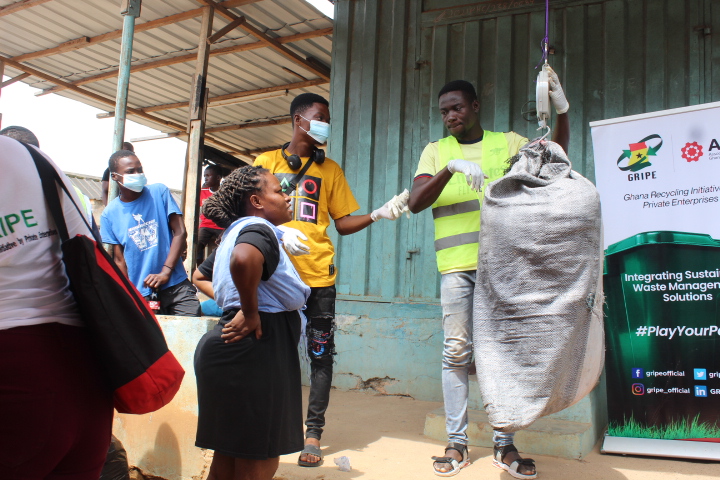
Speaking at the sideline of the event, Louisa Kabobah, the project manager on GRIPE stated that GRIPE’s mission is to implement recycling and second-life solutions that reduce the impacts of post-consumer plastics on the environment.
She added that GRIPE drives their initiatives through education and advocacy, data and research, and multistakeholder collaborations. She further noted that, the plastic buyback initiative aims to engage communities on the sustainable handling and management of waste, keep our environment cleaner, feed families, and empower communities especially the youth, to view waste as a resource and take advantage of the many waste management job opportunities currently available within the plastic value chain in the country.
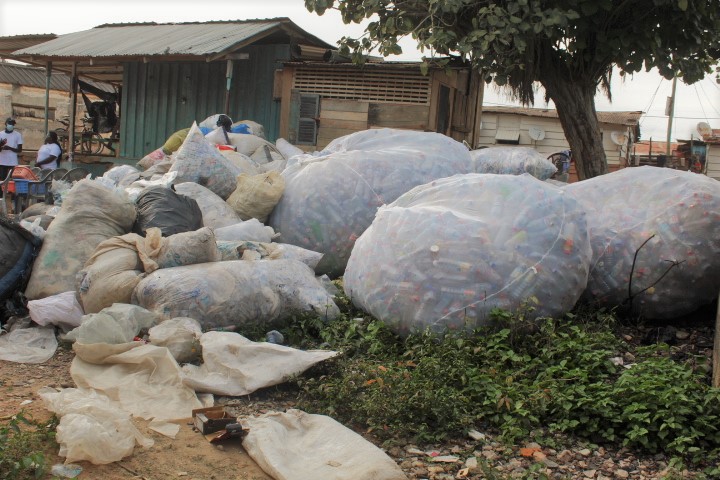
Louisa further urged the community members not to relent in their efforts towards keeping their surroundings cleaner, greener and safer. She challenged Effiakuma to collect even more LDPE and PET plastics to earn rewards and disclosed that, similar buyback projects shall be considered in the near future for other neighbouring communities. The active involvement of Effiakuma was overwhelming and the support of the volunteers was what made the event successful.
On his part, Mr. Benjamin Turkson, the founder and CEO of ASA Nwura said, plastics only become problematic when they are poorly managed and we believe that there are much untapped benefits along the value chain that can be harnessed to create a simultaneous social, economic and Environmental benefits. Working with a community at a time, our drive as ASA Nwura is to beat down plastics pollution drastically through a shared responsibility and an incentive-based manner that could create income streams for low-income households. We attribute this success to our partners and the selfless volunteers and the people of Effiakuma who made this possible.
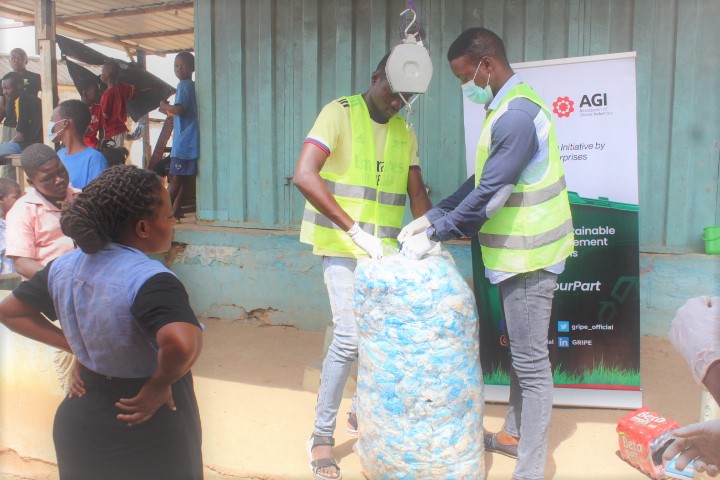
George Dorgbetor, Executive Director, CENVAST said, the Community Plastic Buyback event is a good initiative contributing to retrieval of several metric tonnes of plastic waste from the environment for recycling which would have clogged the gutters and contributed to flooding. Volunteer’s contribution in promoting clean environment and education on sanitation is significant and for us at Centre for Volunteerism and Social Transformation (CENVAST), our focus is to promote the values of volunteering and empower more people especially the youth to take up volunteerism and develop the culture of service to support community development.
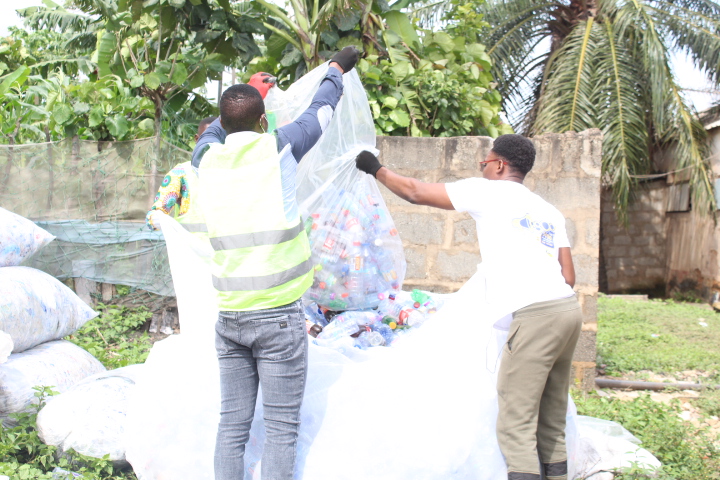
One of the waste pickers who joined in the event said, “I have been collecting plastics for 25 years now. The initiative is a laudable one as it is educating us on proper plastic waste management as well as giving us the women the opportunity to make additional money from the plastics we collect”.








































































